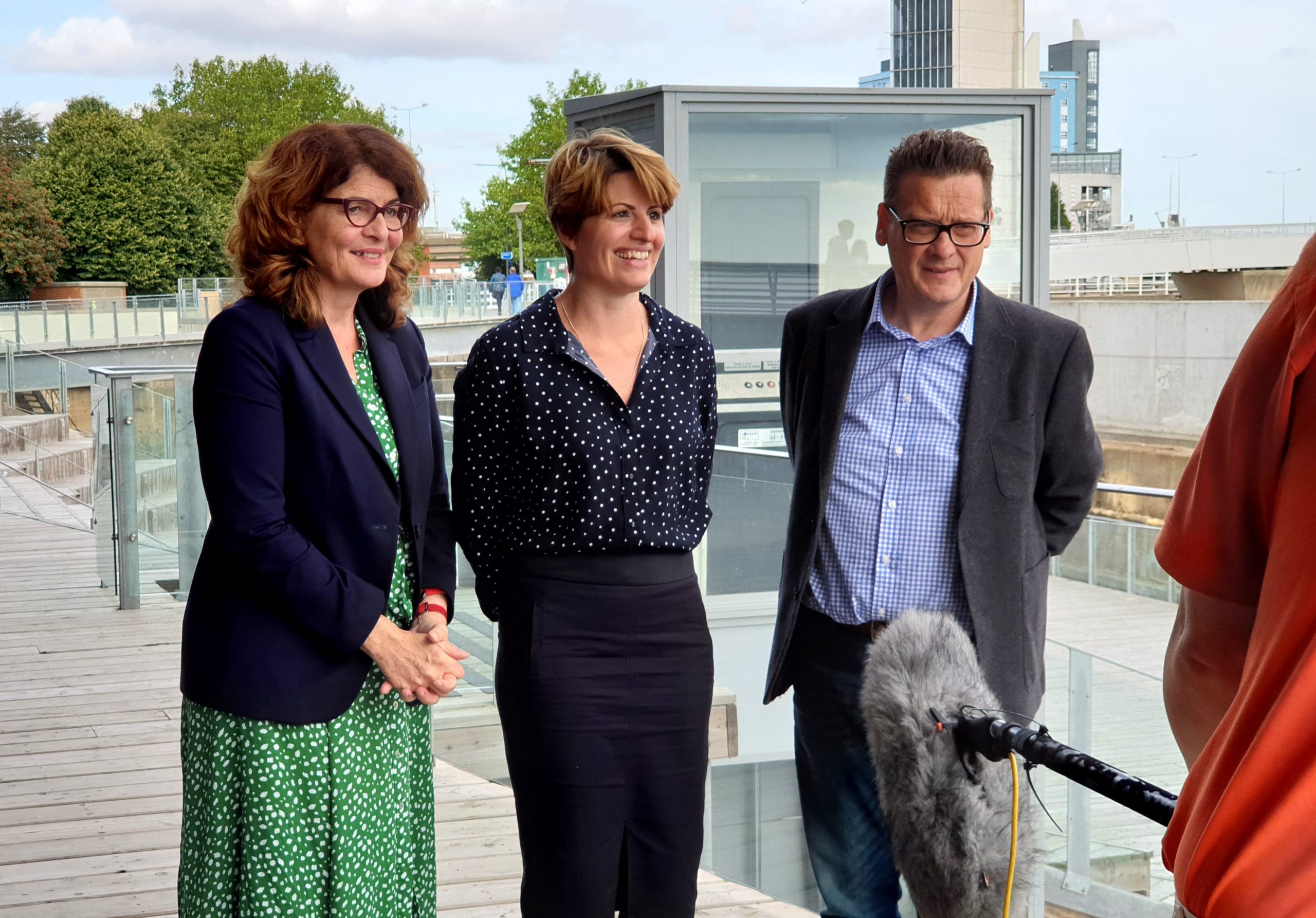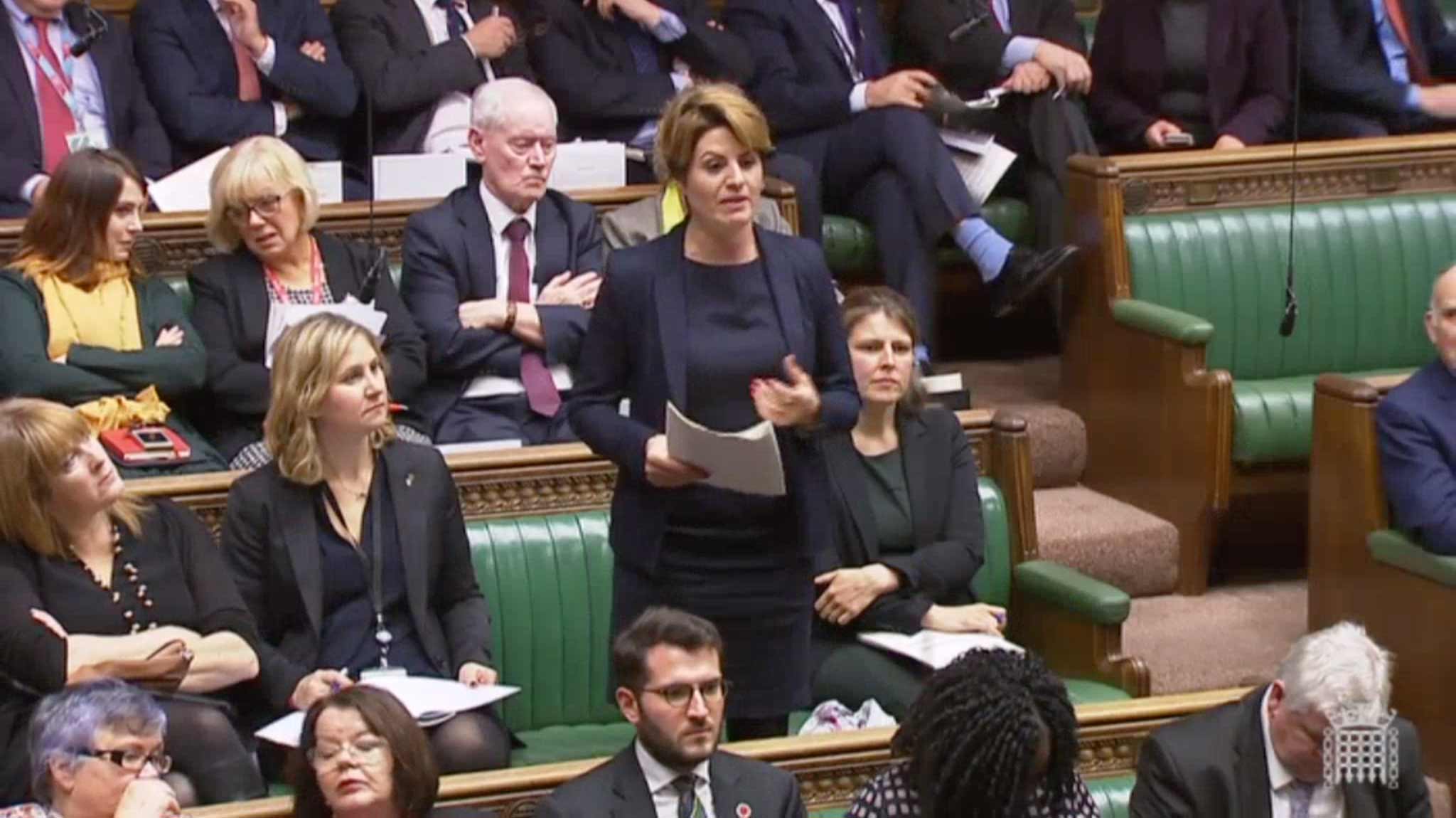NEW NATIONAL COVID-19 RESTRICTIONS – THURSDAY 5TH NOVEMBER
Why?
“COVID-19 case numbers are rising rapidly across the whole of the UK and in other countries. We must act now to control the spread of the virus. The single most important action we can all take, in fighting coronavirus, is to stay at home, to protect the NHS and save lives.”
How long?
“The new measures will apply nationally for four weeks up to Wednesday 2 December. At the end of the period, we will look to return to a regional approach, based on the latest data.”
New restrictions:
- Stay at Home: you must not leave or be outside your home unless for specific purposes. These include:
- or childcare or education, where this is not provided online
- for work purposes, where your place of work remains open and where you cannot work from home (including if your job involves working in other people’s homes)
- to exercise outdoors or visit an outdoor public place – with the people you live with, with your support bubble or, when on your own, with 1 person from another household (children under school age, as well as those dependent on round-the-clock care, such as those with severe disabilities, who are with their parents will not count towards the limit on two people meeting outside).
- for any medical concerns, reasons, appointments and emergencies, or to avoid or escape risk of injury or harm – such as domestic abuse
- shopping for basic necessities, for example food and medicine, which should be as infrequent as possible
- to visit members of your support bubble or provide care for vulnerable people, or as a volunteer
What is a support bubble? (https://www.gov.uk/guidance/making-a-support-bubble-with-another-household):
“A support bubble is a close support network between a household with only one adult in the home (known as a single-adult household) and one other household of any size.
This is called making a ‘support bubble’.
Once you’re in a support bubble, you can think of yourself as being in a single household with people from the other household. It means you can have close contact with that household as if they were members of your own household.”
- Social distancing:
Remember – ‘Hands. Face. Space’:
- hands – wash your hands regularly and for 20 seconds
- face – wear a face covering in indoor settings where social distancing may be difficult, and where you will come into contact with people you do not normally meet
- space – stay 2 metres apart from people you do not live with where possible, or 1 metre with extra precautions in place (such as wearing face coverings or increasing ventilation indoors)
- Meeting with family or friends:
You must not meet socially indoors with family or friends unless they are part of your household – meaning the people you live with – or support bubble
You can exercise or visit outdoor public places with the people you live with, your support bubble, or 1 person from another household (children under school age, as well as those dependent on round-the-clock care, such as those with severe disabilities, who are with their parents will not count towards the limit on two people meeting outside).
Outdoor public places include:
- parks, beaches, countryside,
- public gardens (whether or not you pay to enter them), allotments
- playgrounds
You cannot meet in a private garden.
- Businesses and venues
Businesses that must close:
- all non-essential retail, including, but not limited to clothing and electronics stores, vehicle showrooms, travel agents, betting shops, auction houses, tailors, car washes, tobacco and vape shops.
- indoor and outdoor leisure facilities such as bowling alleys, leisure centres and gyms, sports facilities including swimming pools, golf courses and driving ranges, dance studios, stables and riding centres, soft play facilities, climbing walls and climbing centres, archery and shooting ranges, water and theme parks,
- entertainment venues such as theatres, concert halls, cinemas, museums and galleries, casinos, adult gaming centres and arcades, bingo halls, bowling alleys, concert halls, zoos and other animal attractions, botanical gardens;
- personal care facilities such as hair, beauty and nail salons, tattoo parlours, spas, massage parlours, body and skin piercing services, non-medical acupuncture, and tanning salons
A full list of business closures will be published soon.
Support groups can stay open: support groups that are essential to deliver in person can continue with up to 15 participants where formally organised to provide mutual aid, therapy or any other form of support. This includes support to victims of crime, people in drug and alcohol recovery, new parents and guardians, people with long-term illnesses, people facing issues relating to their sexuality or gender, and those who have suffered bereavement.
A number of public services will also stay open and you will be able to leave home to visit them. These include:
- the NHS and medical services like GPs. We are supporting the NHS to safely carry out urgent and non-urgent services and it is vital anyone who thinks they need any kind of medical care comes forward and seeks help.
- Jobcentre Plus sites
- Courts
- Civil Registrations Offices
- Weddings, civil partnerships, religious services, and funerals
Funerals:
- Funerals can be attended by a maximum of 30 people, and it is advised that only close friends and family attend.
- Linked ceremonial events such as stone settings and ash scatterings can also continue with up to 15 people in attendance.
- Anyone working is not included.
- Social distancing should be maintained between people who do not live together or share a support bubble.
Weddings and civil partnerships:
- Weddings, civil partnership ceremonies will not be permitted to take place except in exceptional circumstances.
Places of Worship will be closed, unless they are being used for:
- Funerals
- To broadcast acts of worship
- Individual prayer
- Formal childcare or where part of a school
- Essential voluntary and public services, such as blood donation or food banks
- Other exempted activities such as some support groups
- Going to work:
To help contain the virus, everyone who can work effectively from home must do so.
Where people cannot do so (for instance people who work in critical national infrastructure, construction or manufacturing) they should continue to travel to work/attend their workplace. This is essential to keeping the country operating and supporting vital sectors and employers.
“Public sector employees working in essential services, including education settings, should continue to go into work. The risk of transmission can be substantially reduced if COVID-secure guidelines (https://www.gov.uk/guidance/working-safely-during-coronavirus-covid-19)are followed closely. Extra consideration should be given to those people at higher risk.”
- Going to school, college, and university
- Senior clinicians still advise that school is the best place for children to be, and so they should continue to go to school
- The Prime Minister and Education Secretary have been clear that exams will go ahead next summer, as they are the fairest and most accurate way to measure a pupil’s attainment.
- We therefore need to keep schools and colleges open so that children are able to keep progressing towards exams and the next stage of education or employment.
University:
- If you live at university, you must not move back and forward between your permanent home and student home during term time. You should only return home at the end of term for Christmas. We will publish further guidance on the end of term.
- Childcare
- Parents will still be able to access some registered childcare and other childcare activities (including wraparound care) where reasonably necessary to enable parents to work, or for the purposes of respite care.
- Early years settings can remain open. Parents are able to form a childcare bubble with another household for the purposes of informal childcare, where the child is 13 or under
- Protecting the vulnerable
If you are over 60 or clinically vulnerable, you could be at higher risk of severe illness from coronavirus. You:
- should be especially careful to follow the rules and minimise your contacts with others
- should continue to wash your hands carefully and more frequently than usual and maintain thorough cleaning of frequently touched areas in your home and/or workspace
More info on clinically extremely vulnerable: (https://www.gov.uk/government/publications/guidance-on-shielding-and-protecting-extremely-vulnerable-persons-from-covid-19)
Over this period, we are advising the CEV to work from home.
If you cannot work from home, you are advised not to go to work and may be eligible for Statutory Sick Pay (SSP) or Employment Support Allowance (ESA).
You are encouraged to stay at home as much as possible but are encouraged to go outside for exercise.
The Government will write to everybody who is clinically extremely vulnerable to set out detailed advice while the new restrictions are in place
- Visiting in Care Homes
Guidance to be published before Thursday.
- Travel
Foreign travel advice: https://www.gov.uk/guidance/travel-advice-novel-coronavirus?priority-taxon=774cee22-d896-44c1-a611-e3109cce8eae
You should avoid travelling in or out of your local area, and you should look to reduce the number of journeys you make. However, you can and should still travel for a number of reasons, including:
- travelling to work where this cannot be done from home
- travelling to education and for caring responsibilities
- hospital GP and other medical appointments or visits where you have had an accident or are concerned about your health
- visiting venues that are open, including essential retail
- exercise, if you need to make a short journey to do so
If you need to travel we encourage you to walk or cycle where possible, and to plan ahead and avoid busy times and routes on public transport. This will allow you to practise social distancing while you travel.
Overnight stays and holidays away from primary residences will not be allowed. This includes holidays abroad and in the UK. It also means you cannot stay in a second home, if you own one, or staying with anyone you do not live with or are in a support bubble with.
List of helpful website:
Covid case numbers slides from 31 October press conference: https://www.gov.uk/government/publications/slides-to-accompany-coronavirus-press-conference-31-october-2020
Financial Support: (https://www.gov.uk/coronavirus/worker-support?priority-taxon=774cee22-d896-44c1-a611-e3109cce8eae)
Coronavirus Job Retention Scheme: https://www.gov.uk/guidance/coronavirus-covid-19-what-to-do-if-youre-employed-and-cannot-work
Furlough has been extended until December 2020.
Business support: https://www.gov.uk/coronavirus/business-support?priority-taxon=774cee22-d896-44c1-a611-e3109cce8eae
Benefit calculators: https://www.gov.uk/benefits-calculators
Self-employed: https://www.gov.uk/government/publications/self-employment-income-support-scheme-grant-extension
Covid Testing and Track and Trace:
Self-Isolating: https://www.gov.uk/government/publications/covid-19-stay-at-home-guidance?priority-taxon=774cee22-d896-44c1-a611-e3109cce8eae
NHS Track and Trace: https://www.gov.uk/guidance/nhs-test-and-trace-how-it-works?priority-taxon=774cee22-d896-44c1-a611-e3109cce8eae


